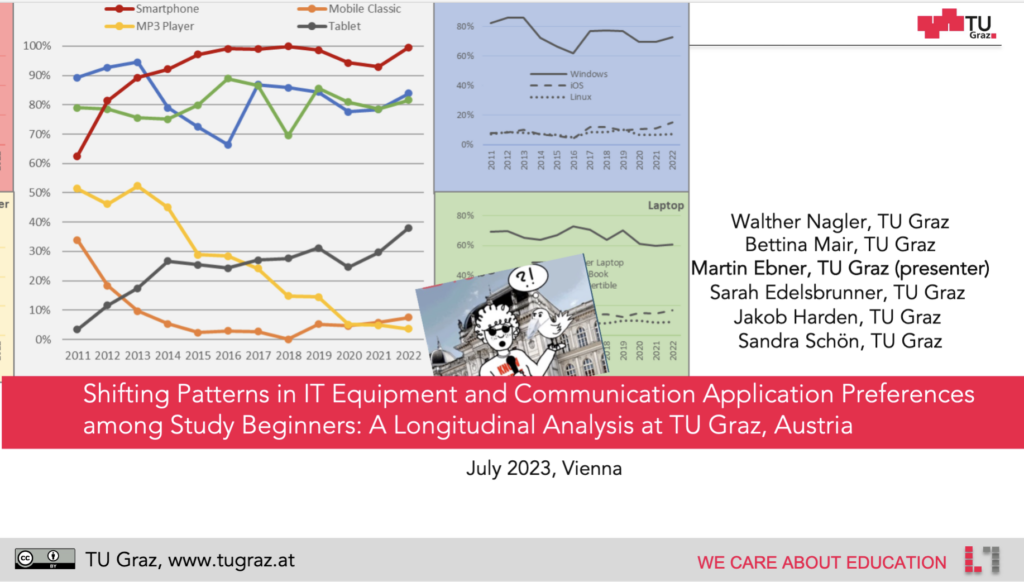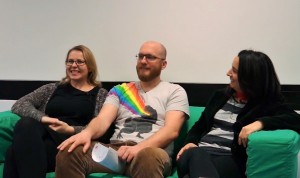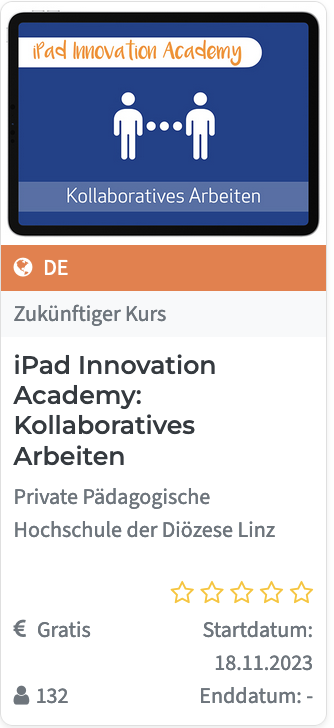I had the possibility to write a collaborative article with many colleagues about “Openness in Education as a Praxis: From Individual Testimonials to Collective Voices” for the Journal Open Praxis and it got published already in summer 🙂
Abstract:
Why is Openness in Education important, and why is it critically needed at this moment? As manifested in our guiding question, the significance of Openness in Education and its immediate necessity form the heart of this collaborative editorial piece. This rather straightforward, yet nuanced query has sparked this collective endeavour by using individual testimonies, which may also be taken as living narratives, to reveal the value of Openness in Education as a praxis. Such testimonies serve as rich, personal narratives, critical introspections, and experience-based accounts that function as sources of data. The data gleaned from these narratives points to the understanding of Openness in Education as a complex, multilayered concept intricately woven into an array of values. These range from aspects such as sharing, access, flexibility, affordability, enlightenment, barrier-removal, empowerment, care, individual agency, trust, innovation, sustainability, collaboration, co-creation, social justice, equity, transparency, inclusivity, decolonization, democratisation, participation, liberty, and respect for diversity. This editorial, as a product of collective endeavour, invites its readers to independently engage with individual narratives, fostering the creation of unique interpretations. This call stems from the distinctive character of each narrative as they voice individual researchers’ perspectives from around the globe, articulating their insights within their unique situational contexts.
[full article @ Journal’s homepage]
[full article @ ResearchGate]
Reference: Bozkurt, A., Gjelsvik, T., Adam, T., Asino, T. I., Atenas, J., Bali, M., Blomgren, C., Bond, M., Bonk, C. J., Brown, M., Burgos, D., Conrad, D., Costello, E., Cronin, C., Czerniewicz, L., Deepwell, M., Deimann, M., DeWaard, H. J., Dousay, T. A., Ebner, M., Farrow, R., Gil-Jaurena, I., Havemann, L., Inamorato, A., Irvine, V., Karunanayaka, S. P., Kerres, M., Lambert, S., Lee, K., Makoe, M., Marín, V. I., Mikroyannidis, A., Mishra, S., Naidu, S., Nascimbeni, F., Nichols, M., Olcott. Jr., D., Ossiannilsson, E., Otto, D., Padilla Rodriguez, B. C., Paskevicius, M., Roberts, V., Saleem, T., Schuwer, R., Sharma, R. C., Stewart, B., Stracke, C. M., Tait, A., Tlili, A., Ubachs, G., Weidlich, J., Weller, M., Xiao, J., & Zawacki Richter, O. (2023). Openness in Education as a Praxis: From Individual Testimonials to Collective Voices. Open Praxis, 15(2), pp. 76–112. DOI: https://doi.org/10.55982/openpraxis.15.2.574





